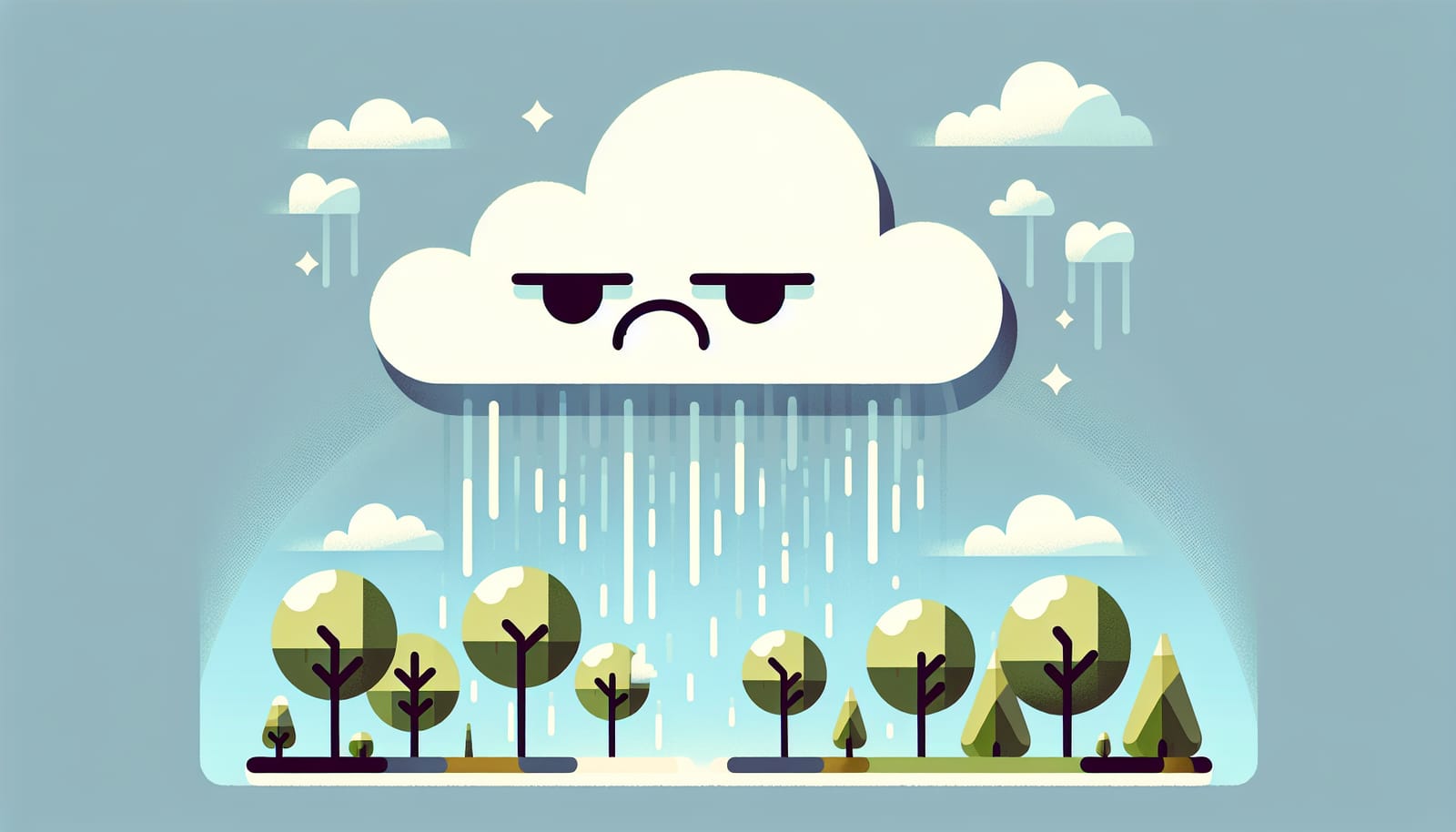-
threatening harm; menacing.
synonyms:maliciousominous

The word 'baleful' comes from the Old English 'bealu,' meaning 'harm' or 'evil,' combined with the suffix '-ful,' which denotes 'full of.' The term has evolved through Middle English into its current form.
Baleful is primarily used in literary contexts, often to describe characters, atmospheres, or actions that evoke a sense of danger or foreboding. It is not commonly used in everyday conversation.
While 'baleful' has a vivid and descriptive quality, it is not frequently used in daily speech, making it more common in literary or poetic contexts.
The baleful glare from the old woman made me think twice about trespassing on her property.
In the dark forest, a baleful silence settled around us, heightening our sense of unease.
The villain’s baleful intentions were made clear through his sinister smile.
The word 'baleful' paints a picture of something foreboding and harmful, often used in literature to evoke a sense of dread. With roots tracing back to Old English, it captures the essence of danger with a poetic flair. Imagine a dark cloud looming overhead or a villain lurking in the shadows; that's the baleful vibe! Though you might not hear it every day, using 'baleful' can certainly add a dramatic touch to your storytelling.